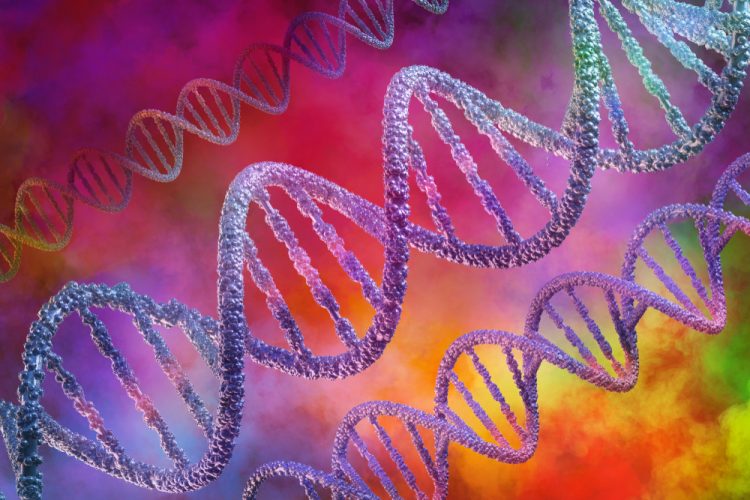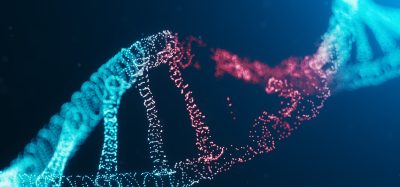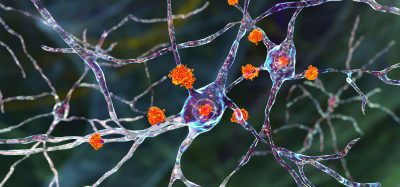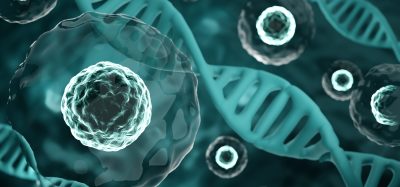RAD51 prevents DNA re-replication
Posted: 6 March 2024 | Drug Target Review | No comments yet
Researchers find that the RAD51 protein prevents genomic duplications that could arise from reactivated origins.


Researchers from the DNA Replication Group at the Spanish National Cancer Research Centre (CNIO), and the University of Zurich, have discovered an anti-failure system of DNA replication which protects against potential errors that could lead to diseases like cancer.
DNA replication is a critical process. In tissues that regenerate very frequently, such as the skin or intestines, cells replicate continuously. However, breaks are created in the DNA molecule when a region is over-replicated, increasing the likelihood of a cancer-related gene being over-expressed if it is in the over-replicated region.
In the new study, the team led by Dr Juan Méndez, found that one molecular mechanism to avoid errors involves the RAD51 protein. This protein prevents DNA fragments that have already been copied once from being copied again.
Scientists already know that there is an initial system for controlling excess replication which prevents origins from being activated more than once. However, if a second copying process is mistakenly started, the newly discovered anti-failure mechanism becomes important. The researchers saw that RAD51 temporarily binds to the newly synthesised DNA. If the copying process is inadvertently reactivated, RAD51’s presence on the new DNA, which now serves as a template for copying, becomes a physical impediment, stopping the advancement of the copying machinery.
First author of the study Dr Sergio Muñoz, postdoctoral researcher at CNIO, explained: “We observed that RAD51 acts as a second brake on DNA re-replication…RAD51 prevents genomic duplications that could arise from re-activated origins.”
Notably, this finding could have implications for cancer research. The authors added: “DNA re-replication could fuel carcinogenesis by promoting aneuploidy and the formation of heterogeneous cell populations that enhance the adaptability of tumour cells.” The protective role of RAD51 may be especially important in pre-tumoral lesions, where there is an increased risk of over-replication.
This study was published in The EMBO Journal.
Related topics
DNA, Genomics, Molecular Biology
Related conditions
Cancer
Related organisations
Spanish National Cancer Research Centre (CNIO), Zurich University
Related people
Dr Juan Méndez (CNIO), Dr Sergio Muñoz (CNIO)







